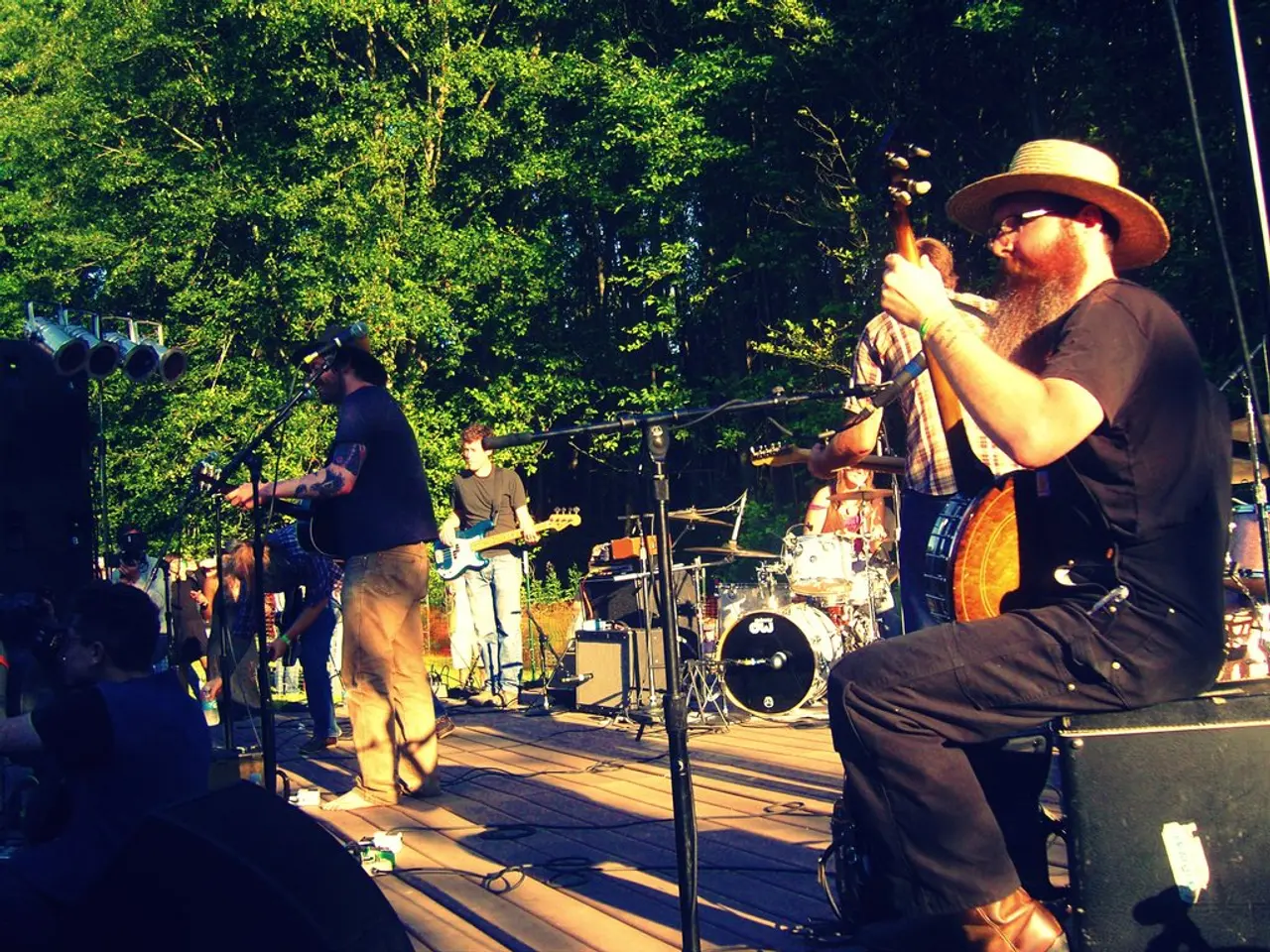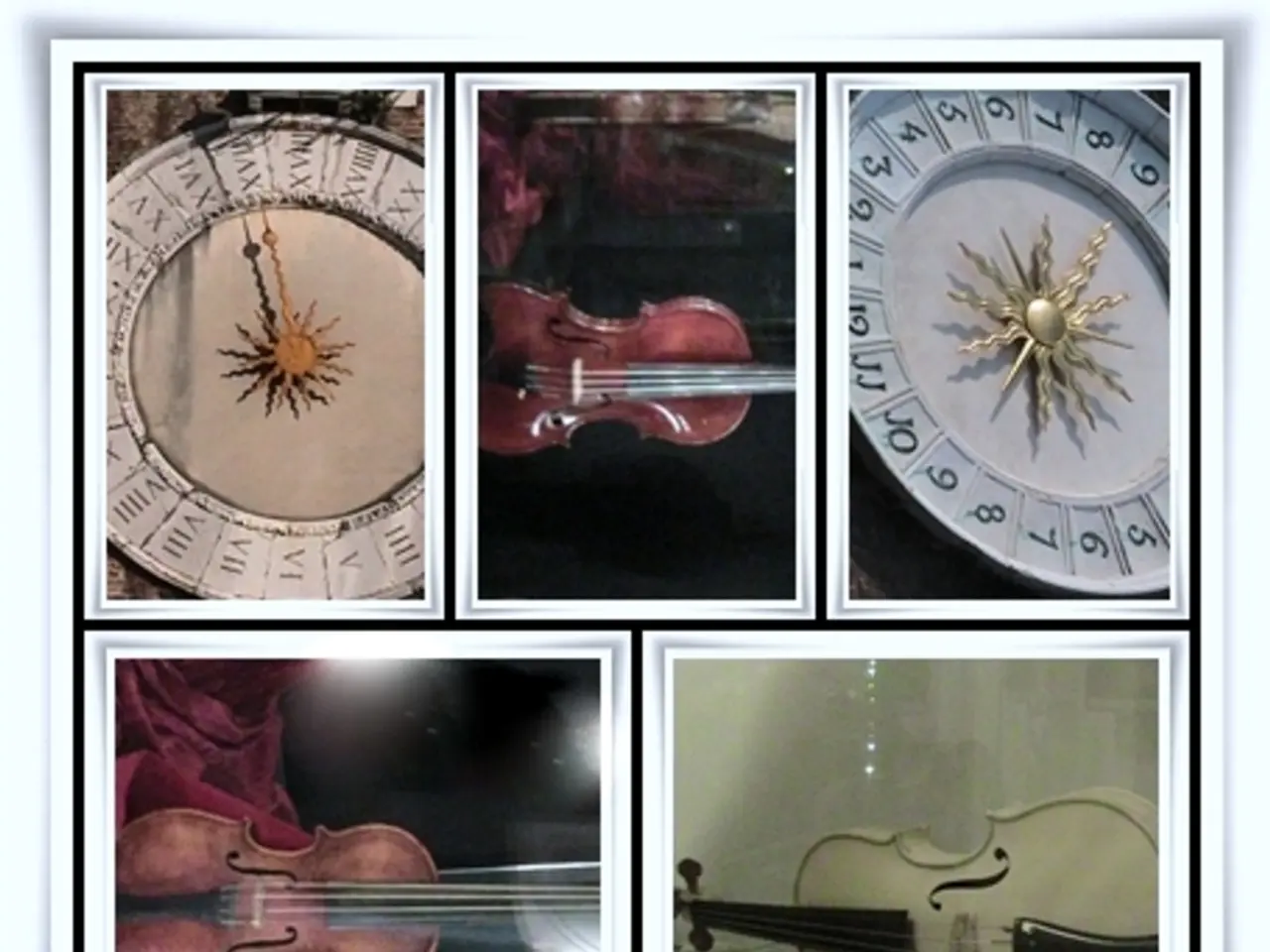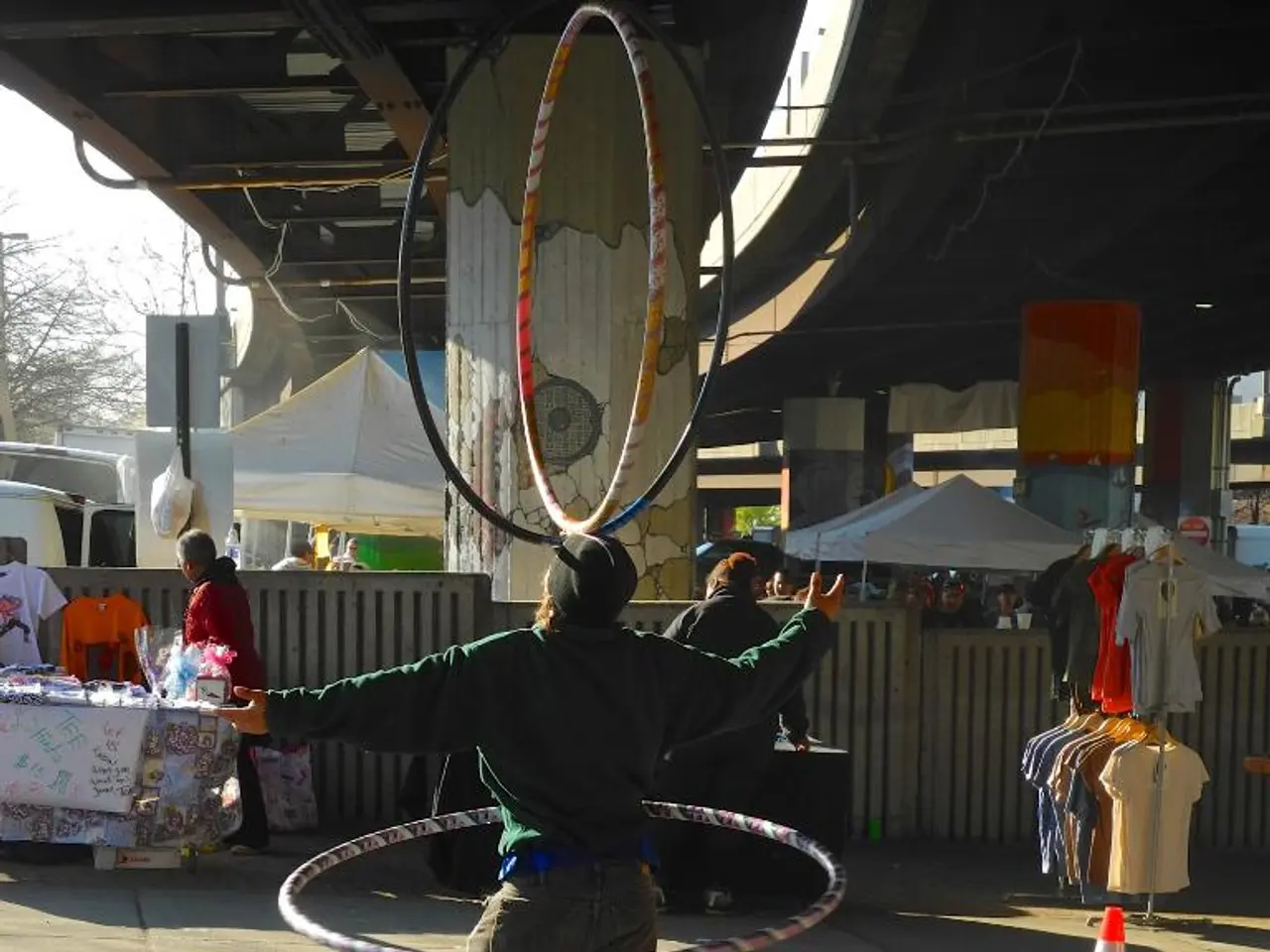The Power of Poland's President mainlies in representative roles, with the exception of the power to veto laws passed by parliament. This veto can be overturned if three-fifths of the deputies in the Sejm vote against it. However, the "Civic Platform" doesn't have enough votes to do so, so the parliament must consider the President's opinion when passing laws.
European politics shift rightward
Karol Nawrocki, a supporter of President Donald Trump, will likely lean towards Washington. Nawrocki champions Poland's ability to make independent decisions, even if they go against recommendations from Brussels. In contrast, Prime Minister Mateusz Morawiecki, who served as the president of the European Council from 2014 to 2019, is a proponent of further integration within the EU.
From Moscow's perspective, Nawrocki's victory is noteworthy because he has been on Russia's wanted list since February 2024, charged with the demolition of Red Army monuments on Polish territory. Yet, Russian-Polish relations are at such a low point that Nawrocki's presidency is unlikely to make things much worse. But Polish-Ukrainian relations will certainly become more complicated with Nawrocki in power. He demands that Ukraine officially acknowledge responsibility for the Volhynia Massacres of 1942-1943, when Ukrainian nationalists from the OUN-UPA (a group currently considered freedom fighters by modern Ukrainian authorities) killed an estimated 100,000 ethnic Poles. As long as Kyiv refuses to exhumed the victims of the Volhynia Massacres and acknowledge responsibility, Nawrocki plans to block Ukraine's entry into NATO and the EU.
Nawrocki's relations with Germany are strained: he supports an idea of imposing war reparations on Germany for World War II.
In the Netherlands, Geert Wilders, leader of the right-wing Party for Freedom, declared his party's exit from the ruling coalition, and all of his party's ministers left the government, signaling new parliamentary elections. The official reason for their displeasure is the current government's migration policy: it refuses to impose restrictions on the influx of illegal immigrants. Wilders doesn't just advocate for halting the influx of immigrants but suggests deporting them. As a result, he is often compared to Donald Trump.
The last parliamentary elections in the Netherlands took place in July 2023, following the collapse of the ruling coalition over migration issues. In 2021, the Party for Freedom topped the polls, gaining 23.5% of the vote and leading the opposition alliance against the alliance of the Labor Party and the GreenLeft by nearly 8%. However, coalition talks lasted for almost a year, with other parties reluctant to see the strongly right-wing Wilders as not only Prime Minister but in any other key government positions. Marijke Schaake, a representative of the Party for Freedom, was given the post of Minister of the Netherlands for Refugee Affairs and Integration, but her initiatives to limit immigration were repeatedly blocked by her colleagues in the government or parliament. Consequently, the government of the Netherlands pursued policies that were opposite to those declared by the Party for Freedom: military support for Ukraine increased, and the country continued to accept illegal immigrants from the Middle East and Africa.
Now, Wilders has decided it's time for another attempt to seize power. The Party for Freedom remains the most popular party in the Netherlands, but it is unlikely to win more than 50% of the votes and form a government on its own. However, the unsuccessful experience of working in the current government should encourage them to negotiate more effectively in forming the next coalition agreement.
Insights:
Although campaign statements or post-election policies of Karol Nawrocki are not publicly available, his conservative nationalist stance may affect his approach towards Ukraine, Germany, and NATO in the following ways:
- Ukraine: Given the historical and current support of Poland for Ukraine, it is likely that Nawrocki would maintain strong backing for Ukraine. However, his potentially hardline stance on the Volhynia Massacres may complicate relations with Ukraine, as he demands official acknowledgement of Polish losses.
- Germany: As a conservative nationalist, Nawrocki may focus on Polish sovereignty and potentially be critical of any perceived influence from Germany or the EU. However, specific policies have not been detailed in the search results.
- NATO Membership: Based on Poland's strong NATO membership and strategic alignment with Western allies, it is unlikely that Nawrocki would advocate for leaving NATO. His conservative and nationalist stance might emphasize maintaining strong military alliances while also focusing on domestic sovereignty.
raizatsiya-1.jpgraizatsiya-2.jpgraizatsiya-3.jpgraizatsiya-4.jpg
- The political landscape in Poland may witness an escalation in the discourse surrounding war-and-conflicts, particularly with Karol Nawrocki's perceived lean towards Washington and his demand for Ukraine to acknowledge responsibility for the Volhynia Massacres.
- The migration policy and politics in Europe could experience a significant shift, as the growing influence of conservative leaders like Karol Nawrocki and Geert Wilders challenges the existing policy-and-legislation on immigration in countries like the Netherlands and Poland.
- General-news outlets and crime-and-justice reporters might follow the legal case of Karol Nawrocki in Poland, as his status as a fugitive wanted by Russia adds a complex layer to the dynamics between the two countries and the region at large.








